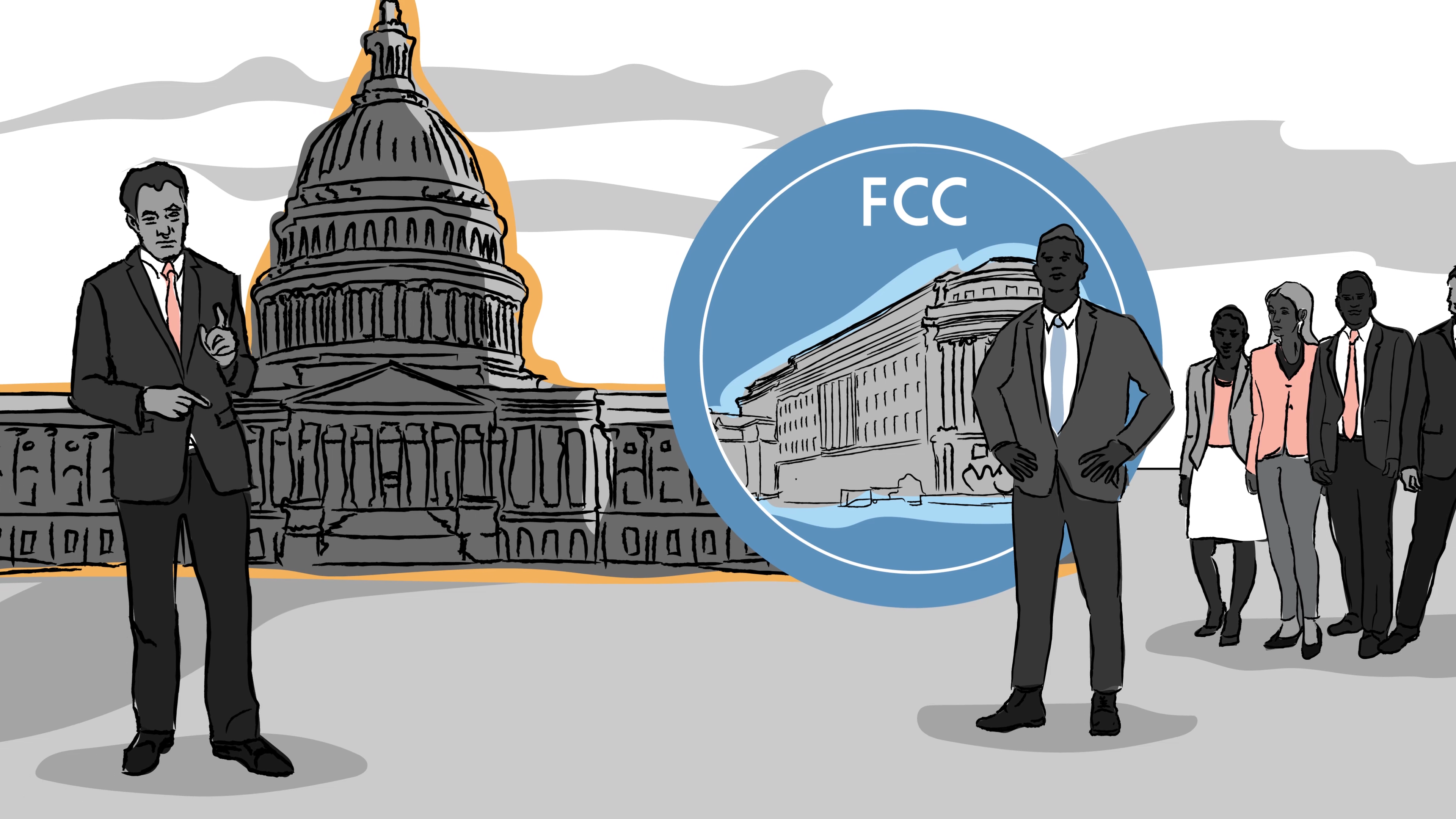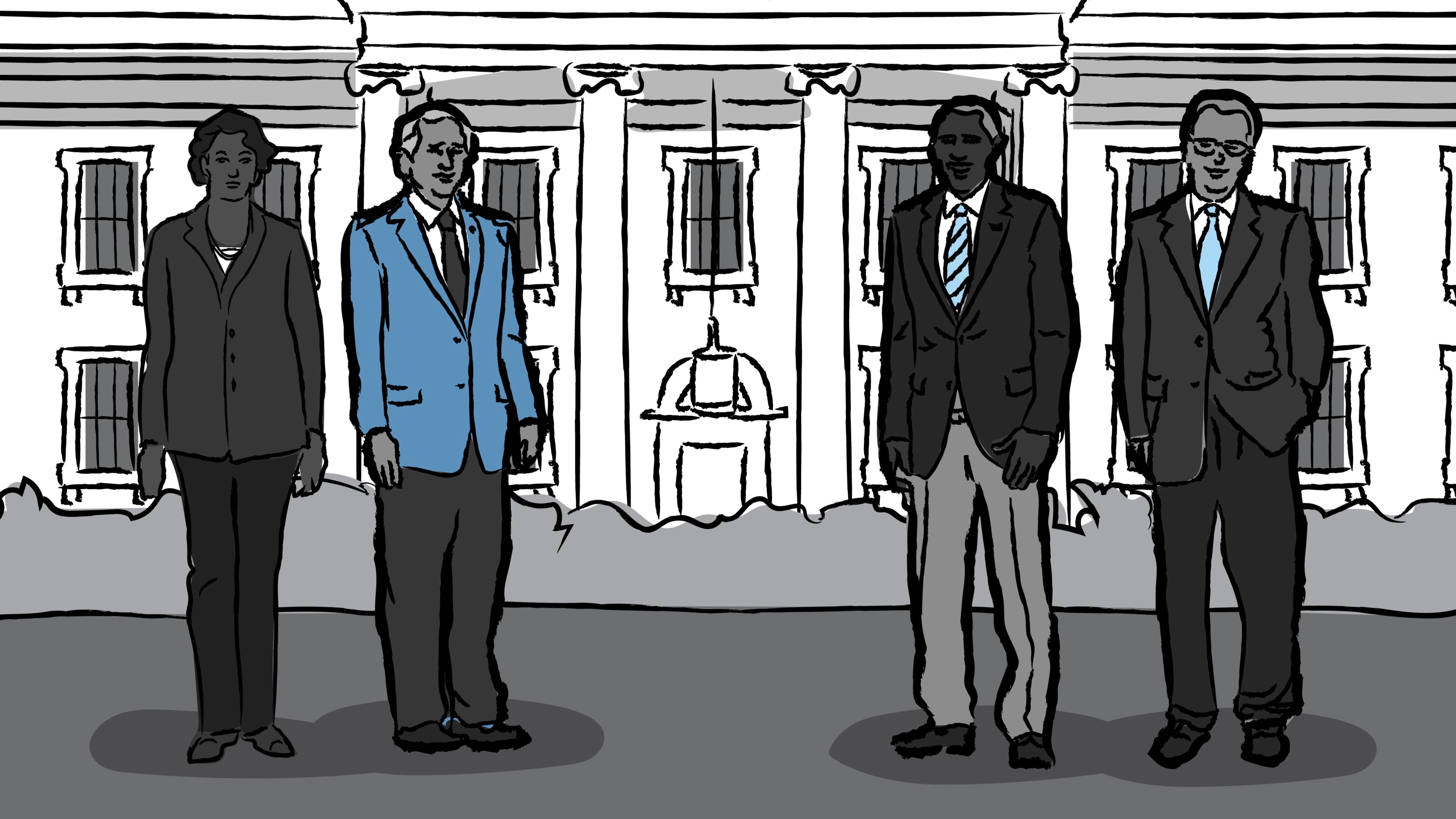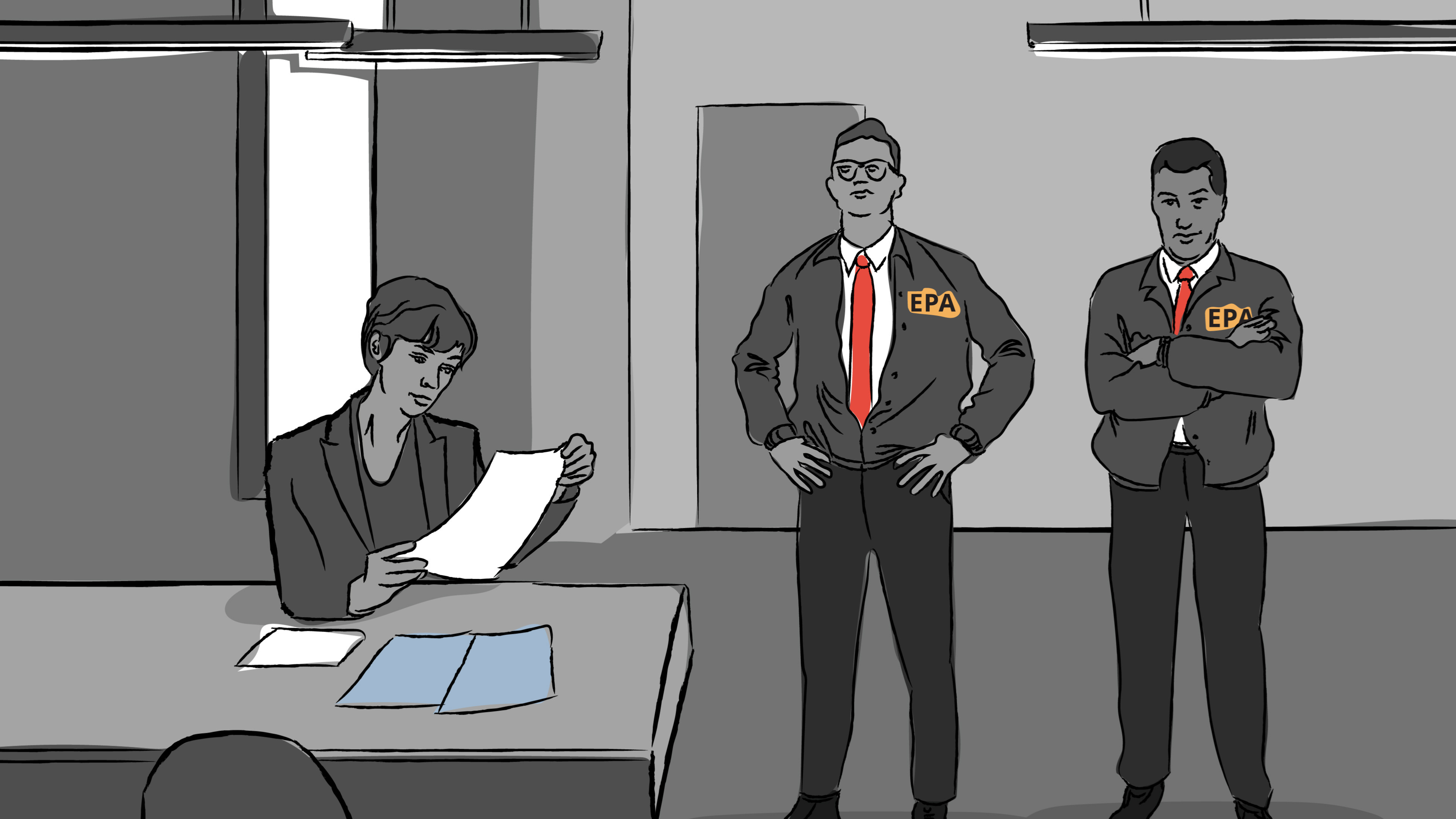Christopher J. Walker is a professor of law at Michigan Law. His research focuses primarily on administrative law, regulation, and law and policy at the agency level. He teaches Administrative Law, Civil Procedure, Constitutional Litigation, Federal Courts, Legislation and Regulation, and State and Local Government Law.
Professor Walker’s publications have appeared in the California Law Review, Duke Law Journal, Georgetown Law Journal, Michigan Law Review, Stanford Law Review, and University of Pennsylvania Law Review, among others. His article Legislating in the Shadows was selected as the recipient of the 2016 American Association of Law Schools Scholarly Papers Competition Award. His book, Constraining Bureaucracy Beyond Judicial Review, is forthcoming with the Cambridge University Press.
Professor Walker brings to his scholarship and to the classroom extensive practical experience of having worked in all three branches of the federal government, as well as in private practice. Prior to joining the Michigan Law faculty, he taught for a decade at the Ohio State University Moritz College of Law. He worked for several years at a litigation boutique in Washington, D.C., as well as on the Civil Appellate Staff at the U.S. Department of Justice, where he represented federal agencies in a variety of regulatory contexts. In 2017, he served as an academic fellow on the Senate Judiciary Committee, working on the Gorsuch Supreme Court confirmation as well as on regulatory reform legislation for Sen. Orrin Hatch (R-UT). From 2017 to 2021, Professor Walker served on Senators Brown and Portman’s bipartisan judicial advisory commission to help fill 10 federal district court vacancies in Ohio, including as chair in 2018 and 2019.
Outside Michigan Law, Professor Walker serves as one of 40 public members of the Administrative Conference of the United States and as past chair of the American Bar Association’s Section of Administrative Law and Regulatory Practice. He also is a regular blogger at the Yale Journal on Regulation and the section editor for Jotwell’s Administrative Law Section. In 2022, he received the Federalist Society’s Joseph Story Award.
*****
A person listed as a contributor has spoken or otherwise participated in Federalist Society events, publications, or multimedia presentations. A person's appearance on this list does not imply any other endorsement or relationship between the person and the Federalist Society. In most cases, the biographical information on a person's "contributor" page is provided directly by the person, and the Federalist Society does not edit or otherwise endorse that information. The Federalist Society takes no position on particular legal or public policy issues. All expressions of opinion by a contributor are those of the contributor.
Chevron Deference, Loper Bright Enterprises, and Relentless
Stanford Student Chapter
Stanford Law School559 Nathan Abbott Way
Stanford, CA 94305
Panel 1: State Supreme Court Candidate Forum
2024 Ohio Conference
The Westin Columbus315 High St
Columbus, OH 42315
Overruling Chevron? The Future of Administrative Deference
Ohio State Student Chapter
Saxbe Auditorium55 W 12th Ave
Columbus, OH 43210
What Is Chevron and Why Is Everyone Talking About It?
Georgetown University Student Chapter
White Gravenor Building, Georgetown University Main Campus3700 O St. NW
Washington D.C, DC 20057
Supreme Court Roundup: Is This the End of the Administrative State as We Know It?
Las Vegas Lawyers Chapter
Fogo de Chão360 E. Flamingo Road
Las Vegas, NV 89169
Panel II: The Executive Power, the Legislative Power, and the Administrative State
2024 National Student Symposium
Many critics of modern administrative law want a world where Congress does more things, and...
Panel II: The Executive Power, the Legislative Power, and the Administrative State
2024 National Student Symposium
Many critics of modern administrative law want a world where Congress does more things, and...
Panel 1: State Supreme Court Candidate Forum
2024 Ohio Conference
Featuring: Hon. Joseph Deters, Justice, Supreme Court of Ohio Hon. Michael Donnelly, Justice, Supreme Court of...
Panel 1: State Supreme Court Candidate Forum
2024 Ohio Conference
Featuring: Hon. Joseph Deters, Justice, Supreme Court of Ohio Hon. Michael Donnelly, Justice, Supreme Court of...
Why Congress
In his recent book Why Congress, Dr. Phillip Wallach covers the past, present, and future...

Agency Rulemaking
The nature and scope of administrative rulemaking is a topic for ongoing debate. One of the main functions of administrative agencies is to create regulations....

Administrative Law and the Executive
How does "who the President is" affect administrative agencies? Executive branch agencies (such as the Department of Agriculture, Department of Education, Department of Energy,...

Introduction to Administrative Law
Were agencies anticipated in the Constitution? Where do they fit into the structure of the 3 branches of government? This unit provides a brief overview...












